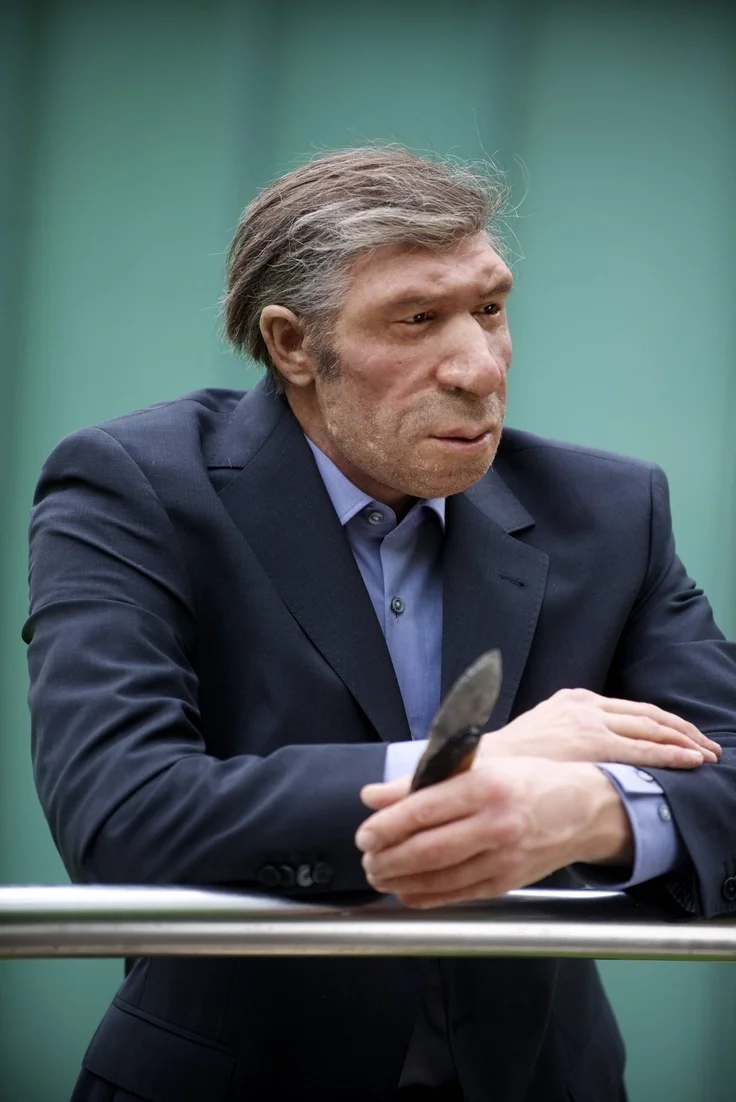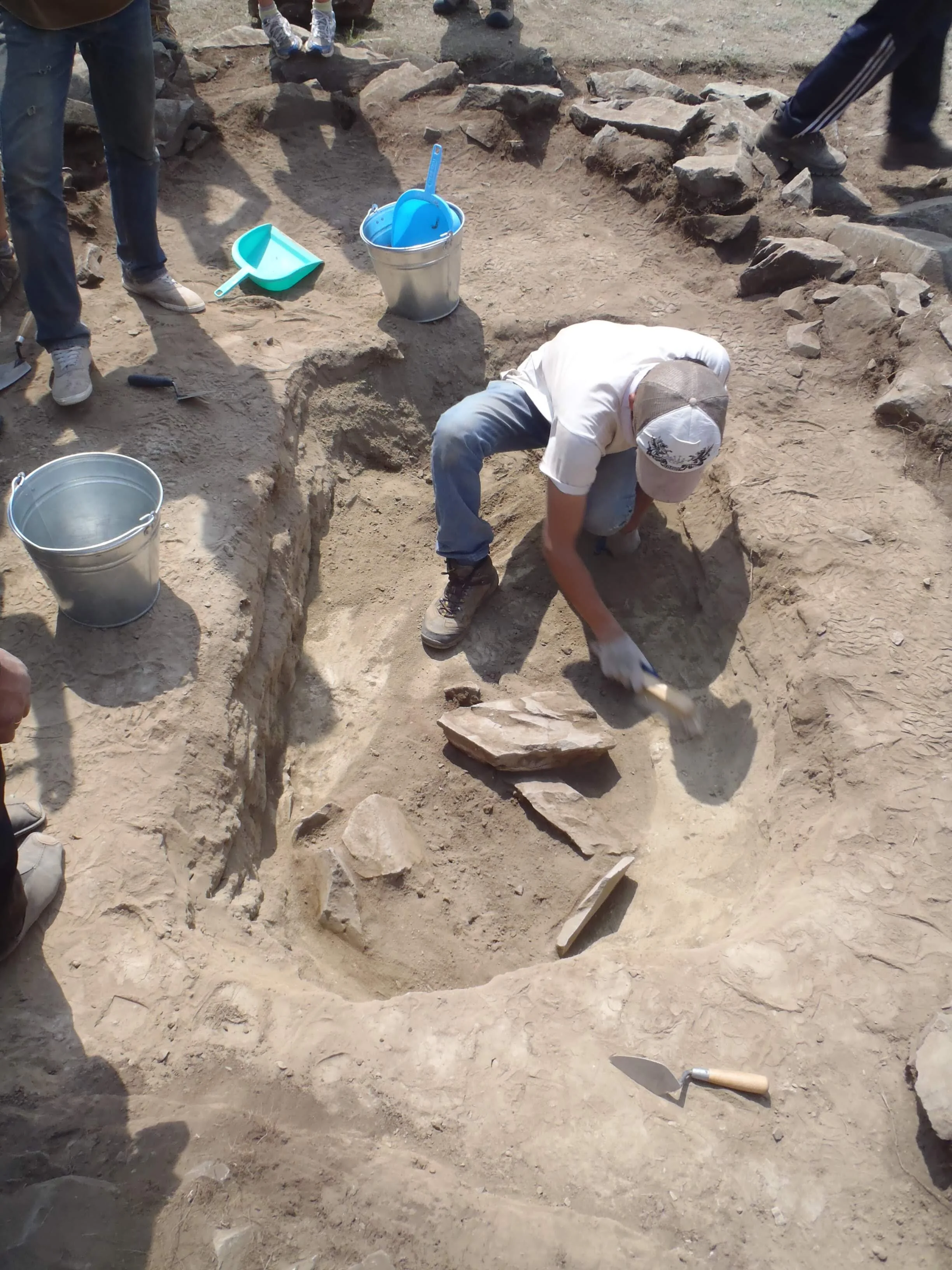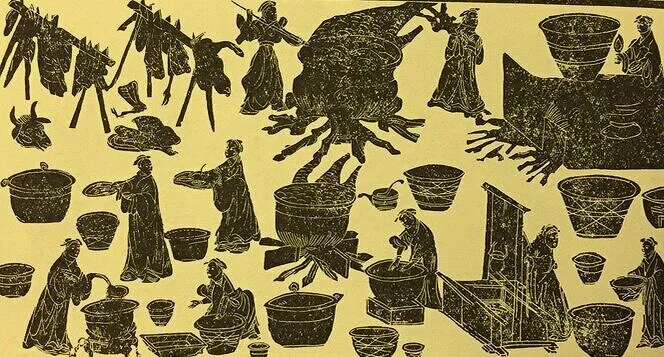Courses
Introductory Courses
Origins of Human Societies
This course examines the evolution of humans and human societies from an anthropological perspective. Our journey will begin with the steps of our first bipedal ancestors and continue on through the development of language and our belief in the imaginary, to political practice and cooperation, through increasing reliance on domestication, to the emergence of large sedentary communities, private property, and inequality.
Anthropology is the study of beliefs, practices, and institutions that together form something we call culture. It is also the de facto study of humans (anthropos). Our investigation of human origins will thus bring us to the very first instances of what we can call ‘anthropology’ – that is, the dawn of human cultural practice. In arriving to this point, we will grapple with several fundamental questions: what makes culture? How can we recognize cultural practice in the material record? Were our ancestors the only humans to have had culture? What is the relationship between cultural and biological change?
This is an exploration of science, perception, and the history of anthropology and archaeology. Despite the seemingly neutral language of science, we will be wading through highly political waters. Ultimately our path through the semester will show us as much about our evolutionary past as it reveals about our contemporary world.
Think Like an Archaeologist: Introduction to Archaeological Methods and Theories
This course provides a comprehensive introduction to archaeological method and theory by exploring how archaeologists build narratives about the human world, both past and present, on the basis of the materials people make and leave behind. We begin our journey by considering how archaeologists deal with the remains of the past in the present: What are archaeological sites and how do we ‘discover’ them? How do archaeologists ‘read’ or analyze sites and artifacts? From there, we will investigate how archaeologists use these inert bones and stones to reconstruct a complex and dynamic past. We will additionally see how shifts in contemporary intellectual traditions have impacted the field of archaeology as we ask whether the past can be changed. Finally, we will conclude the semester with a close look at the ethics of archaeology: Who owns the past? How can and should archaeology contribute to our world’s future?
Intermediate Courses
How China Became Chinese
As a modern nation, China is proud of its deep cultural roots, often citing its ‘5,000 years of continuous history’ as a point of pride in a world of much younger nation-states. Why 5,000 years of history? Why was 3,000 BC the ‘beginning’ of China? What happened before then? What made China…Chinese?
This course introduces students to the ancient Chinese world before it was the Middle Kingdom. We will draw on archaeological evidence from the Upper Paleolithic to the Han period to give voice to a complex social, political, and economic past that was not recorded by dynastic historians. We will focus on regional patterns of social change to highlight the diverse ways that innovations like the adoption of agriculture, centralized political power, and bronze metallurgy took shape and impacted local practices. Finally, we will turn our attention to the present to examine how the study of Chinese prehistory has contributed to modern notions of a uniquely 'Chinese' culture – and how the notion of Chineseness has evolved through time.
The Ancient Table: Archaeology of Cooking and Cuisine
Humans don’t just eat to live. The ways we prepare, eat, and share our food is a complex reflection of our histories, environments, and ideologies. Whether we prefer coffee or tea, steamed rice or millet noodles, cornbread or challah, chicken breast or chicken feet, our tastes are expressive of social ties and social boundaries, and are linked to ideas of family and of foreignness.
How did eating become such a profoundly cultural experience? This seminar takes an archaeological approach to two essential questions concerning food and society: First, why do we eat what we eat? And, more interestingly, how do we decide what is and isn’t edible? Second, how do social beliefs and institutions impact how obtain, prepare, eat, and toss our food? And how in turn does food impact social beliefs and institutions? Throughout the semester we will explore a board range of culinary practices from imperial China to medieval Baghdad to historic California, as we investigate how food is used to ascribe identities and social roles, thwart power, build nations, and rewrite history. Along the way, our discussions will draw us into broader anthropological conversations concerning health and wellness, the nature/culture divide, and the question of cultural authenticity.
Advanced Courses
Gender Archaeolxgy
This seminar critically reexamines the ancient world from the perspective of gender archaeology. Though the seedlings of gender archaeology were first sown by of feminist archaeologists during the 70’s and 80’s, this approach involves far more than simply ‘womanizing’ androcentric narratives of past. Rather, gender archaeology criticizes interpretations of the past that transplant contemporary social roles onto the archaeological past, casting the divisions and inequalities of today as both timeless and natural.
The aim of this course is to investigate how cultural categories like gender, sexuality, class, ethnicity, and race operated in a particular time and place, and to ask how one became a social being – a person – in the past.
This class challenges the idea of a singular past, instead championing a turn towards multiple, rich, messy, intersectional pasts. The ‘x’ in ‘archaeolxgy’ is an explicit signal of our focus on this diversity of pasts and a call for a more inclusive field of practice today.




